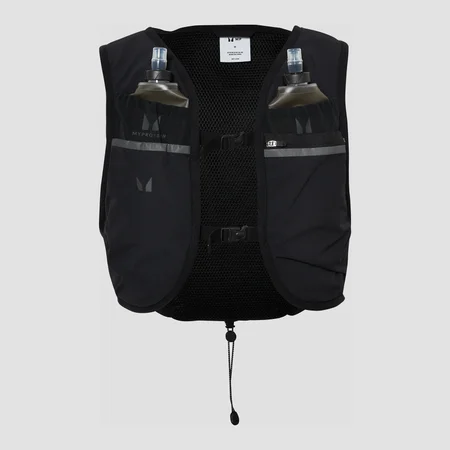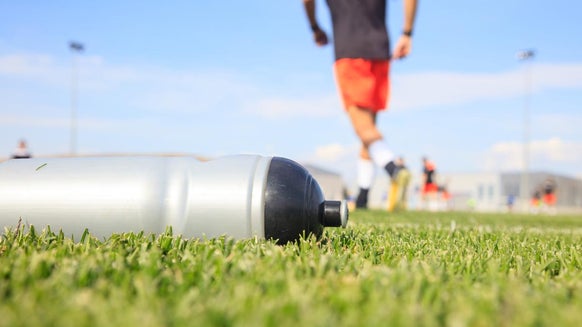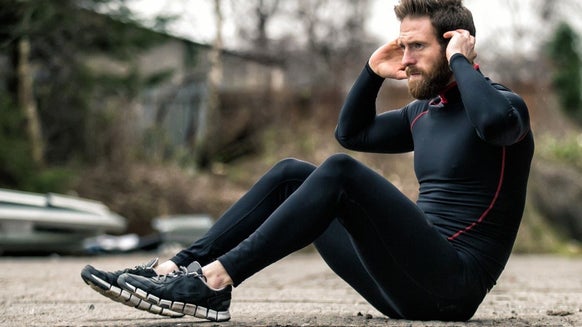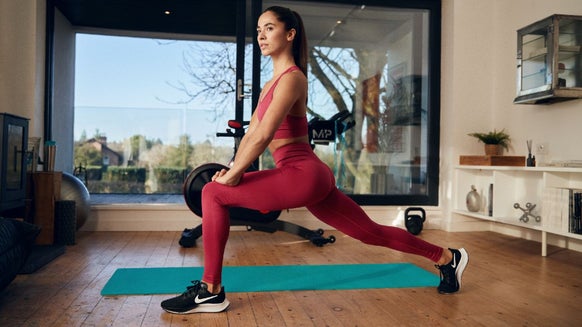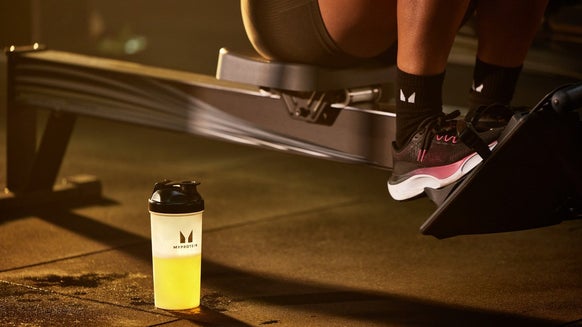How Much Water Should I Drink A Day?
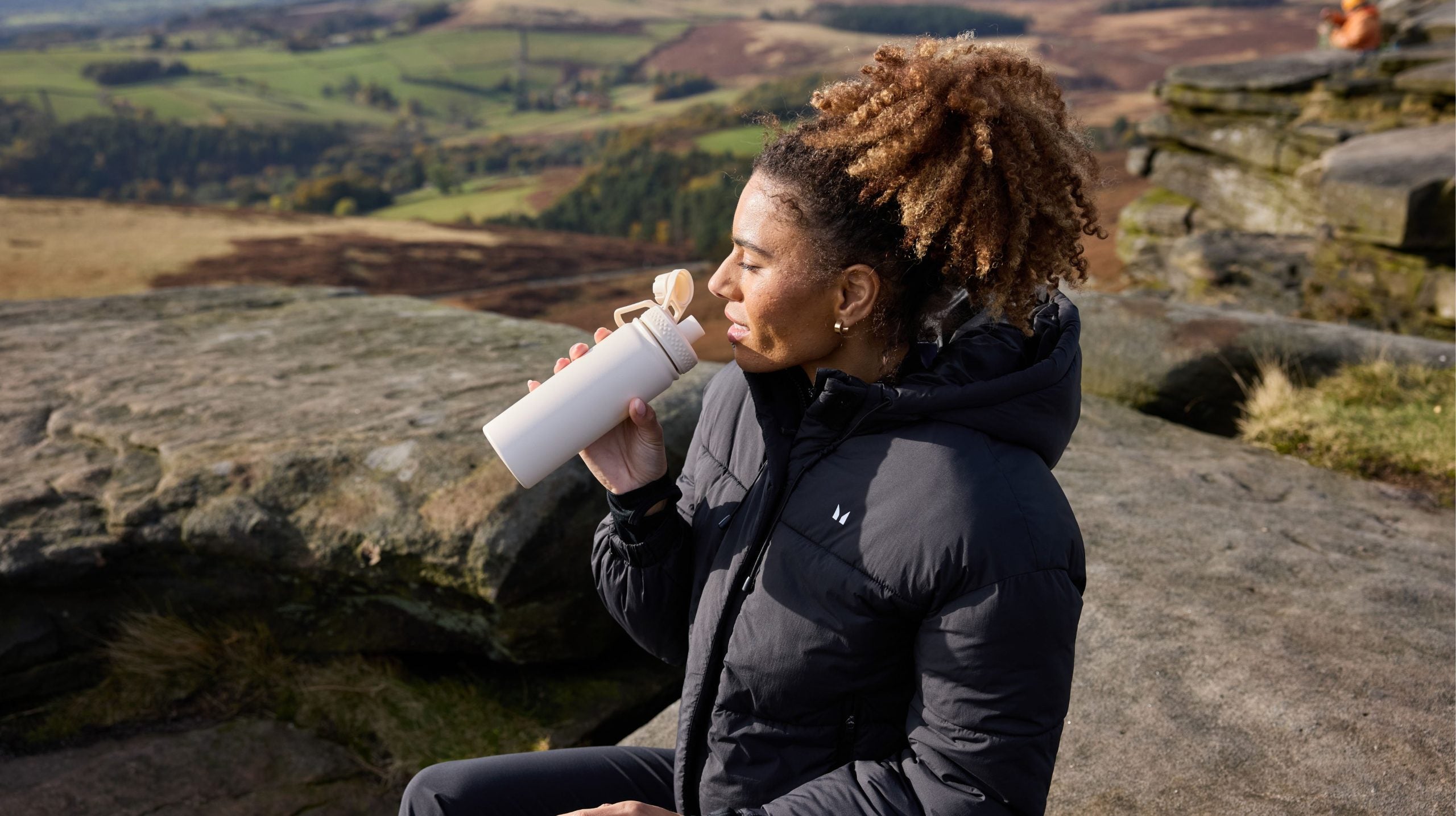
Water is the body’s principal chemical compound and makes up to a huge 70% of your body weight. Our bodies are very dependent on water and it has a long list of vital jobs, from carrying nutrients to your cells to flushing out toxins in your organs.
As humans, we lose around 2.5 litres a day through breathing, elimination and perspiring, therefore it's incredibly important to replenish our bodies to ensure we can function properly. This is especially crucial for those engaging in physical activity.
- How much water should I drink?
- Benefits of drinking more water
- Symptoms of dehydration
- Ways to drink more water
How Much Water Should I Drink?
The amount of water we should drink really is down to the individual, however, the average consumption is around 8 cups of water per day. This is for someone who is classed as sedentary, and doesn't engage in physical activity.
Once your body is burning through calories and blood is being pumped around the body, water will need to be replenished again - add body composition and the number further increases.
To figure out the average amount of water for your own body, at a sedentary level, take your bodyweight in Kg and multiply it by 0.033.
So for example, a person weighting 60kg would have to drink 2 litres of water a day.
The more muscle tissue that an individual has, the more water that is needed to ensure the muscles are fully hydrated and functioning properly.
Endurance athletes will also need to ensure that they're consuming an efficient amount of water to replace the water lost through sweat and burning calories.
Benefits Of Drinking More Water
Drinking more water can benefit your body in a number of ways. There are many claims it can increase metabolism and reduce appetite. Some benefits include:
Digestion
Increasing water intake can help with digestive issues, which is a very common problem. Increasing your water intake encourages the passage of waste through your digestive system, therefore avoiding any discomfort issues.
If you're eating a lot of fibre - think of it as a sponge which will absorb all of the water
Fibre acts like a sponge, absorbing water. Without fluid, the fibre can't do its job and you'll get constipation. A good way to make sure you're getting enough fluids is to drink a glass of water with every meal.

Skin & Body Hydration
There are a lot of anecdotal reports on the internet about water helping to hydrate the skin and reducing acne, but I didn’t find any studies to confirm or refute this.
Drinking enough water has many other benefits too. By hydrating the body, you're allowing the progression of normal bodily functions. As a by-product, this can help with inflammation, lethargy and mental fatigue; it posses more power than you think.
Symptoms of Dehydration
Common symptoms of dehydration include:
- Extreme thirst
- Random fatigue
- Irritatability
- Dark urine

Ways To Drink More Water
Even with everything said above and how important water is, people still struggle to get enough in.
Here are a few habits that hopefully help you drink enough for your body.
- Add something to your water to make it seem more exciting. For instance lemon, ginger or even a slice of celery.
- Before each of your meals make sure you drink a large glass of water this will also help with satiety.
- Always have a water bottle with you whether its always sitting on your desk in front of you or you carry it in your bag just having it around will inspire you to drink more.
- Eat more foods that are heavily water based. Watermelon and cucumber are good choice.
- Tea and coffee account to your daily intake of H20 just don’t over do it.
- Make it a morning habit as soon as you wake up go and have a big glass.
- Set a reminder on your phone or get an app that tells you how much you’ve drank.
- Eat some spicy meals we all know that as soon as something is too hot the first thing we reach for is water.

Take Home Message
A lack of water in the diet can have many negative impacts on the body - but in contrast, can provide many benefits - including weight loss, better skin and improved digestion.
FIND MORE HERE:
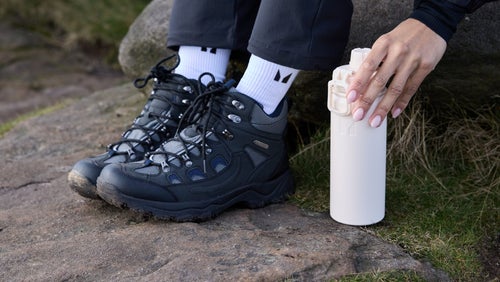
50 Healthy Habits To Make Your Life Easier
All to make your life easier.
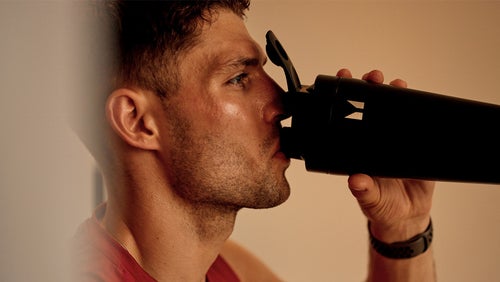
Best Whey Protein | The Difference Between Impact Whey & Impact Whey Isolate?
It's a battle of the best.
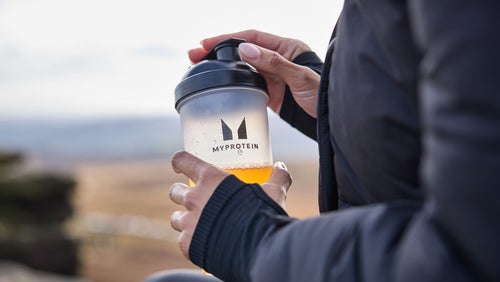
What Is Collagen Protein | What Are The Benefits?
Could collagen be right for you?

